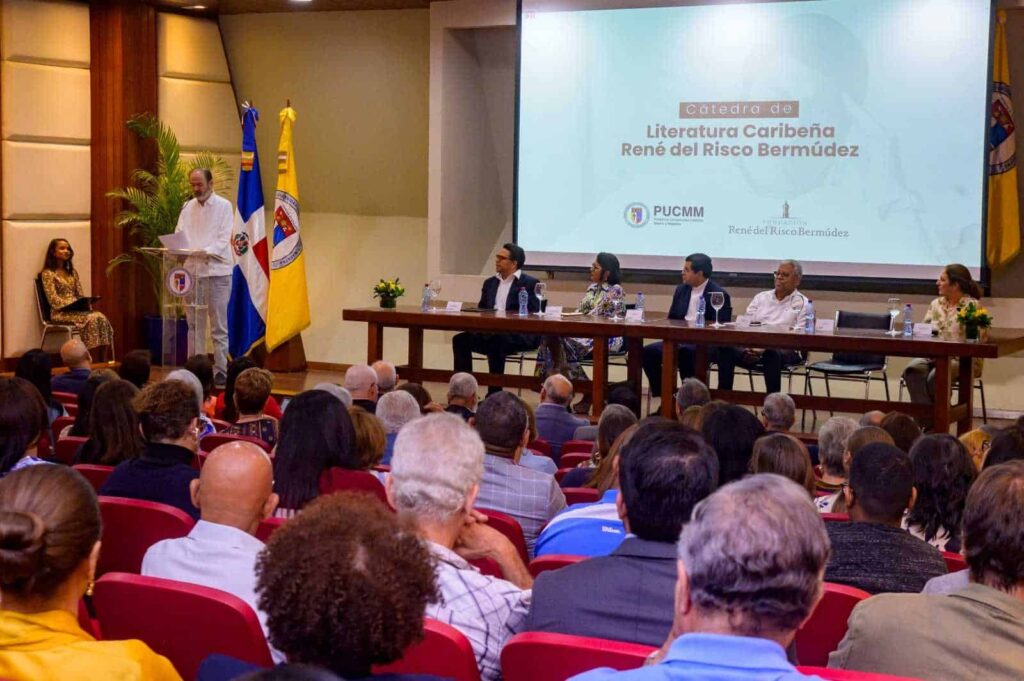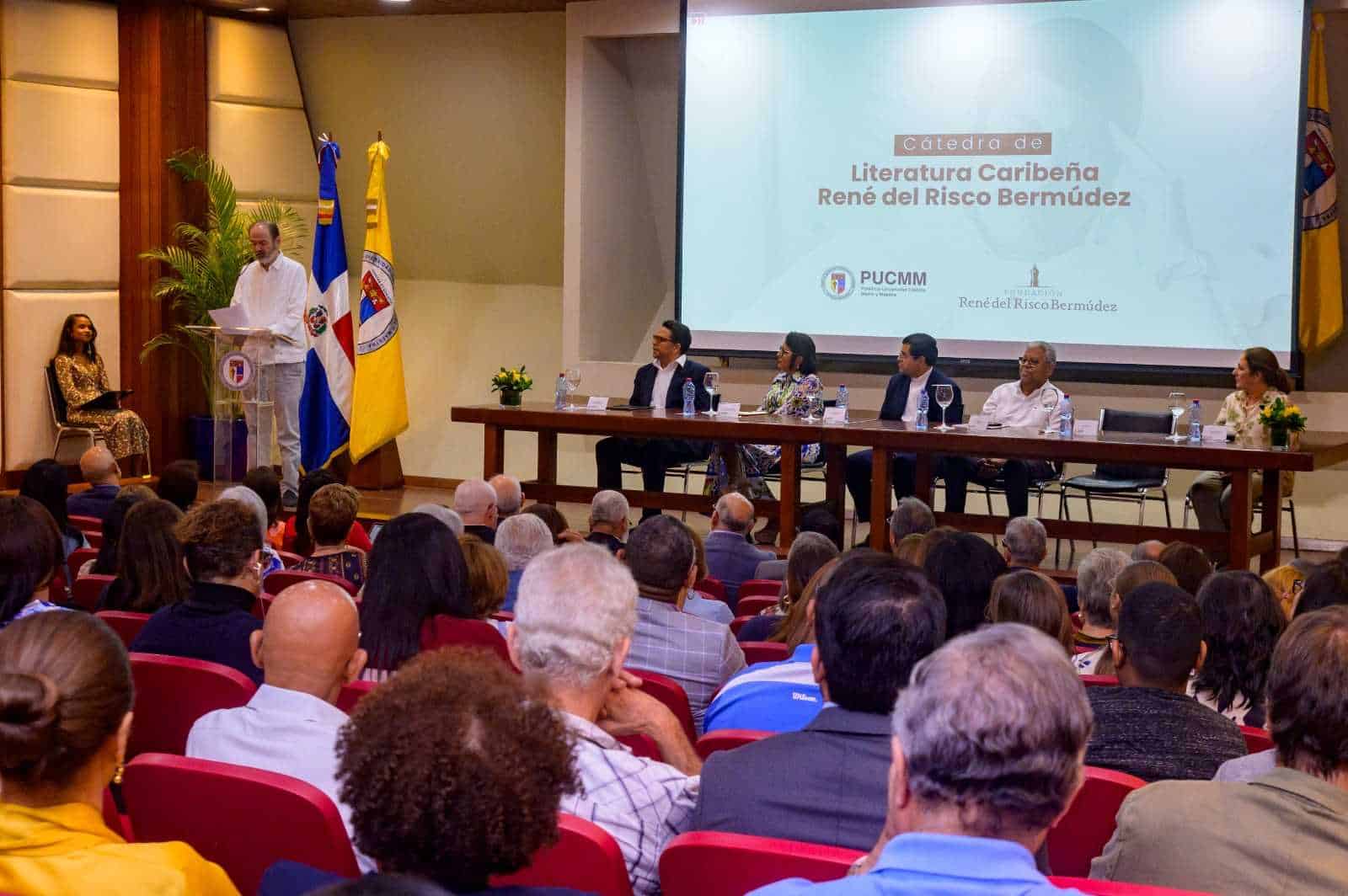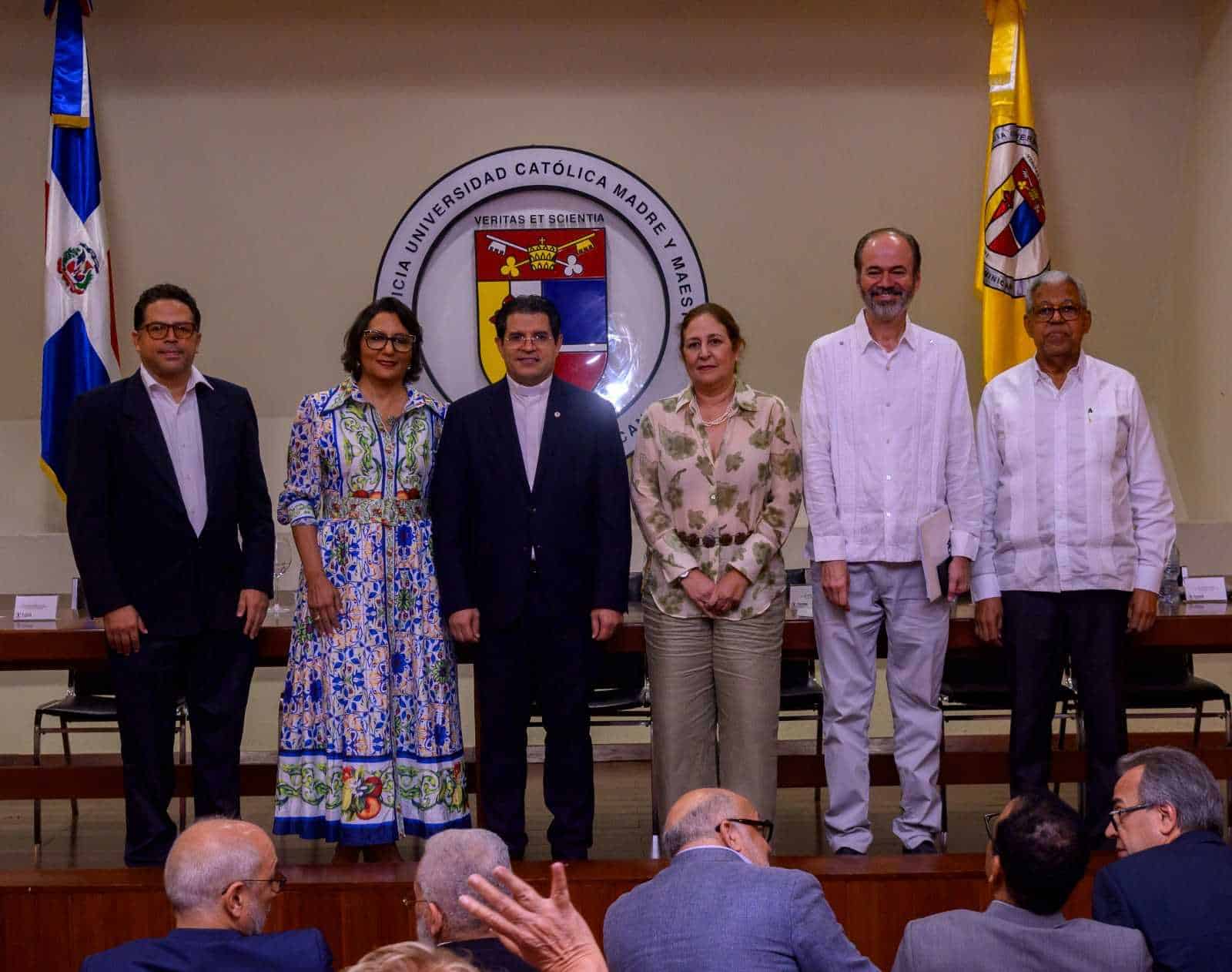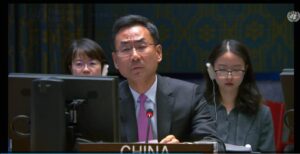
The prominent Mexican writer and professor Juan Villoro gave a keynote lecture as a guest writer at the Chair of Literature Caribbean René del Risco Bermúdez.
In his valuable dissertation entitled “Hourglass: the times of the Caribbean” at the Pontifical Catholic University Mother and Teacher (PUCMM), Villoro made a radiography of Caribbean authors and the realities that they have raised over the decades, mainly, what gives identity to Latin America and the Caribbean.
The hurricanesviolence, corruption, deforestation and joy mean that no Caribbean land is foreign and these realities are part of the literature.
The hurricanes of thought

The section that connects the Gulf of Mexico for him Caribbean and the Antilles make up the basin of the hurricanes. With certain parallels, Juan Villoro He referred to hurricanes in the real and poetic sense of the word and cited various authors throughout his presentation.
“The expression refers to meteorology, but it also applies to cultural and political climate of the region, often uncertain and rapidly changing. Emblematically, Virgilio Piñera and José Rodríguez Feo edited a heterodox magazine in Cuba called “Ciclón,” he adds.
For Juan Villorothe writers Latin Americans have sought to genuinely understand the ‘hurricane turbulence’ of this region both policies as sentimental and spiritual.
His proposals have varied as much as the climate. For example, in the novel “The guaracha of macho Camacho”, the Puerto Rican Luis Rafael Sánchez says that the fertility Caribbean It is in orality.
“It is an excess for the ears. It depends on the music, the loudspeakers of street advertising, the endless gatherings in cafes…Where is the sea? In the wave of words,” says the speaker.
The writer, invited to the Chair of Caribbean Literature René del Risco Bermúdez, established in 2018, led to a good port, as if going on a chronological journey, to the students and intellectuals who filled the audience.
- He said that Gabriel García Márquez shows the Caribbean like a world premodern that is extinct and that is seen and felt in “One Hundred Years of Solitude.”
In the novel unfinished “See you in August”, the extinct Prize Nobel Prize Literature alludes to a gradual decomposition.

A “Reef” of moral enigmas
The Caribbean has given rise to different interpretations. In his condition of bankthe Mexican Caribbean faces another experience of knowledge.
The Mexican writer spoke of his own creative freedom in his novel “Reef (2012)”, a thriller that takes place in the Riviera Maya and leaves certain moral enigmas.
At the conference, he talked a little about the parallels of his Caribbeanhe Caribbean Mexican and he says that in the book “Reef“is built a Hotel with all the modernity without leaving the culture Mayan and on the same coast extends the second largest coral reef in the world, but deforestation causes the land to slide towards the sea.
A destination of sun and beach is also threatened by rain, in the sights of the hurricanes. In these conditions, Mario Muller, manager of the Hotel in the noveldecides to design entertainment programs so that guests have something to do during bad weather. Taking advantage of the attraction that danger offers to human beings, he designs recreational paranoia games.
Abounds in author that he manager of the fictional work creates a theme park where the disasters of Mexican reality become attractions. “The guest could be kidnapped, come into contact with the guerrillas or participate in a wild ceremony. After the shock, they will receive a margarita cocktail,” he narrated and his ironic final phrase drew laughter from the audience.
Juan Villoro does not leave aside the issue of mayan culture and current events. He says that heor what happens in the Hotel apocalyptic “The Pyramid” is credible because it is a portrait of the Mexico of every day.
“The transformation of pleasure into merchandise turned numerous areas of the Caribbean into paradises tame,” he considered.
His conference ended with an interesting reflection and a long standing applause.
“The novel Arrecife does not stay in a precise era, it is not limited by time, we are facing a dystopia based in a future that is already part of our present”Mexican writer
As a local counterpart, the sociologist presented in the lecture Ruben Siliégreat expert on the Caribbean and its sociological perspective. “In this wonderful plurality there is a unifying element in each of the Caribbean peoples: I am referring to being Creole: that cultural complexity that they assimilated from those who conquered them,” Silié analyzed.
Among the research and publications that Silié has carried out are: History of the CaribbeanHistory of slavery in colonial Santo Domingo and Development of higher education in the Dominican Republic.
Path
Writer and journalist, Juan Villoro was born in the city of Mexico in 1956. It has been teacher in the UNAMand teacher visitor at the universities of Yale, Princeton, Stanford and Pompeu Fabra in Barcelona, as well as at the New Journalism Foundation, created by Gabriel García Márquez.
Is columnist of Reform (Mexico), has written for international media such as The New York Times (USA), El País (Spain) and El Mercurio (Chile), among others. He was director of La Jornada Semanal.
Their books most recent are: “The teacher Zíper and the Lost Words” (2022), “The Land of the Great Promise” (2021), without forgetting its novel for young people “The Wild Book”, which has sold more than a million copies.
He has received, among many other recognitions, the Prize to the Excellence Journalism, awarded by the Gabo Foundation (Colombia), in 2022.



